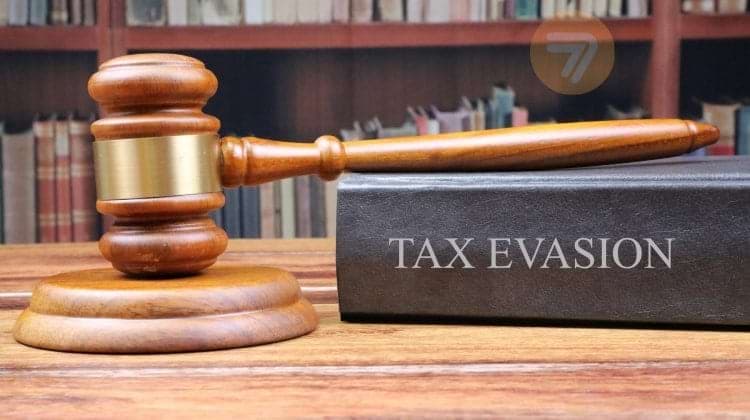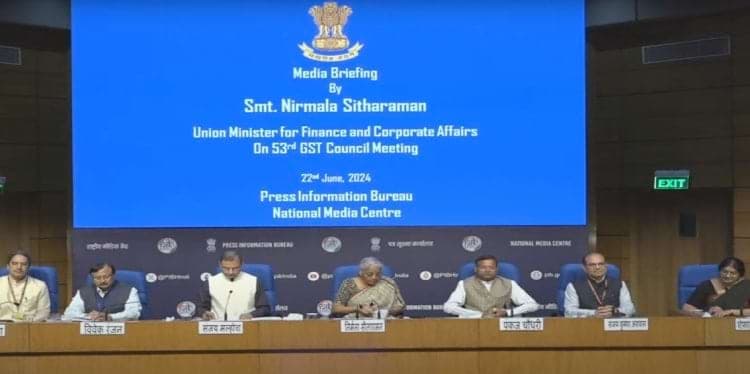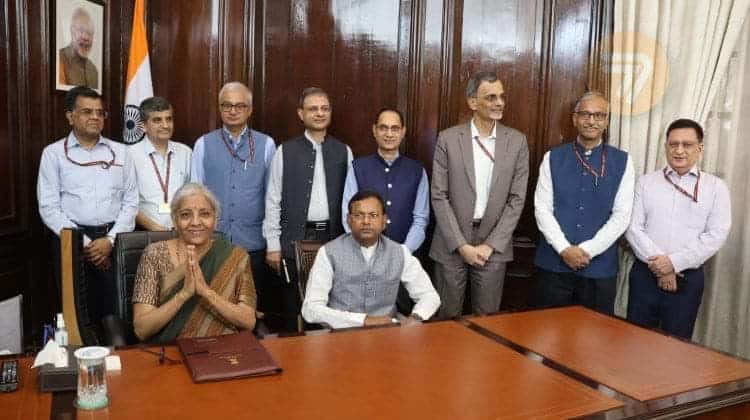The Supreme Court Will Not Hear GST Mega Case Before July
08 May 2024
“The Retrospective Taxation Crisis” Gains More Time to Unfold
The predicaments faced by the Indian online gaming industry, which some prominent national media have already dubbed “The Retrospective Taxation Crisis in Indian Online Gaming,” are set to continue for months ahead while the Supreme Court deliberates on the resolution.
Previous expectations that the ₹1+ lakh crore GST mega litigation hanging over the homegrown online gaming industry will not be heard before the judicial summer vacation is over received confirmation last week.
The legal contest revolves around 71 show-cause notices seeking ₹1,12,332 crore ($13.5 billion) in allegedly evaded GST for the time between 1 July 2017 and 1 October 2023 issued to various gaming firms by the Directorate General of GST Intelligence (DGGI).
The homegrown industry argues that paying 18% GST over Gross Gaming Revenue (GGR, turnover minus payouts) during the past period was lawful because they had been offering games of skill.
GST Enforcement authorities, in their turn, claim that the companies should have been paying 28% GST on the full face value of all bets, as all online money games have always amounted to betting and gambling regardless of their skill or chance-based nature even before the “clarificatory” amendments to GST laws from August 2023.
The court indicated the current timeframe during its last session on the 3rd of May 2024, while the division bench led by the Chief Justice of India (CJY) Dhananjaya Y. Chandrachud was hearing the arguments set forth by Baazi Games. As of the time of writing, the mega case has received a tentative date for listing for the 5th of July.
The Path to Resolution Has Been Streamlined, Time Still Needed Though
Gameskraft’s case: Civil Special Leaves Petition No. 019366-019369/2023, now neatly includes under its ambit 27 similar writ petitions transferred from 11 High Courts across the country, together with the pleas filed by the E-Gaming Federation of India (EGF) and Play Games24x7.
The next hearing will already be the main stage of the litigation, with the bench considering the batched petitions on their merits. Still, the final decision on the matter will come sometime in the future, regardless of how quickly the Hon’ble Justices may navigate through the complexities of the case.
“It is a positive development that multiple litigations in various courts have been consolidated in the Supreme Court to bring uniformity and offer a credible solution,” commented Dr. Aruna Sharma, a Practitioner Development Economist and former Secretary at the Ministry of Electronics & IT (MeitY).
“The issue that needs to be settled once and for all is not merely determining the GST rate, but also clarifying its retrospective application and, crucially, defining what falls under its tax gambit,” Dr. Sharma added. “The hard-earned winnings of players, post-TDS deductions, should remain untaxed, while GST ought to exclusively target the earnings of developers and platforms.”

The Status Quo Cannot Be Comfortable for a Business
Sources from the Central Government have already indicated that “No further change can be made to the tax regime for online money gaming as the matter is subjudice. One has to wait for the Supreme Court’s views on the matter.”
Thus, for the next few months, the hiked GST will stay as it is, and the burden of the retrospective demands will remain unresolved.
On the one hand, existing companies are now fighting to keep their market shares and top lines (turnovers) intact by sacrificing their margins and absorbing the GST shock by themselves instead of passing the new liability to end customers.
The market has made this practice mandatory for any business, and this is depleting the companies’ cash reserves. The status quo can only be maintained for a while, even though the Central Government might think otherwise, considering the six-fold rise in GST collection from online gaming in the first months following the 1st of October.
“The GST Council meeting will happen in June-end, after the new government comes in. It will review online gaming revenue from October 1 (2023) onwards,” an unnamed senior government official commented recently.
“The Council had decided 28 percent on the face value, and this is likely to continue as the GST revenue of the government from online gaming has increased 5-6 times in the last six months. The tax data will be compiled and presented before the Council,” the anonymous source told the media and added, “The online gaming industry may have to work on ways to increase its revenue through other business strategies.”
Fear of Pending Recovery Measures
On the other hand, regardless of any hopes or expectations based on existing judicial practice in distinguishing games of skill from games of chance, there is an obvious risk that the Apex Court might rule otherwise and confirm the DGGI demands.
The collective nominal amount of the 71 show cause notices of ₹1,12,332 crore is not inclusive of penalties and interests. Since penalties may reach 100% of proven tax evasion, the total amount that may become enforceable for collection from the industry may easily approach ₹3 lakh crore ($36 billion).
What makes the situation worse is that there is no active court order to block any show-cause notices from turning into recovery measures before the bench delivers judgment, even though the issue has been discussed more than once in court.
During the 3rd of May hearing, the legal counsels of the gaming businesses warned that recovery orders are likely to be issued in some of the cases, despite assurances by the Government representatives that action on the notices would not be initiated.
Additional Solicitor General (ASG) N. Venkatraman, appearing for the Center, reacted by asking the counsels to approach him to resolve the issue.
The risk of having such amounts, in many cases exceeding the company’s market capitalization, becoming enforceable can stifle any business and close the doors to obtaining funding of any kind.
Delta Corp, for example, India’s sole listed operator of casino-type games of chance, including Roulette and Blackjack, as well as online skill games through its Deltatech Gaming subsidiary, was forced to put plans for an Initial Public Offering (IPO) for its online wing on hold.
The operator didn’t make provisions for the pending tax evasion demands exceeding Delta’s market cap 5-6 times but still had to explain it in its regulatory filings.



